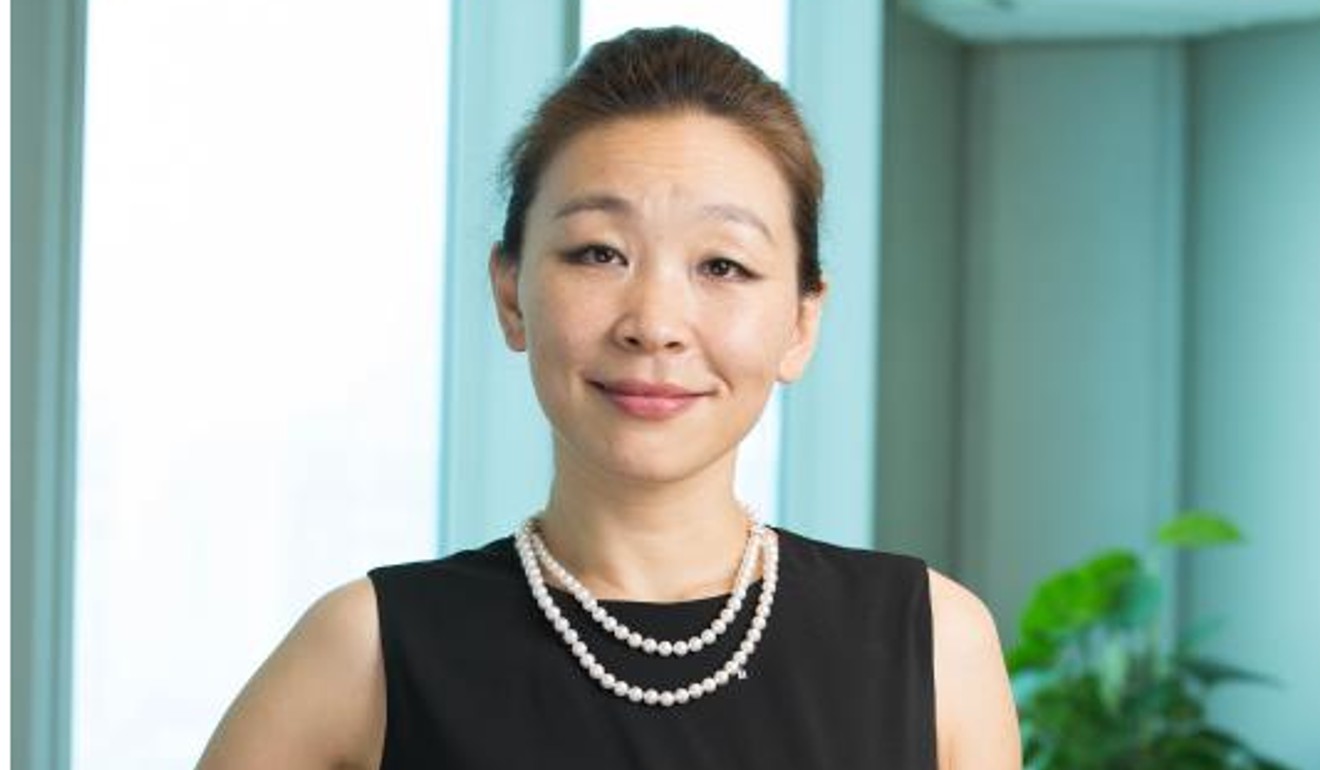
Property consultants advise China to avoid clone approach: ‘Don’t always try to be Silicon Valley’
Boston Consulting Group partner Yvonne Zhou urges Chinese developers to help local officials solve problems, search for the ‘soul’ of Chinese cities, avoid Silicon Valley-style ‘feature towns’
Chinese developers have to figure out how to solve local governments’ problems in order to stand out in the fiercely competitive land market, according to a Boston Consulting Group partner who has provided strategic planning for many local governments in China.
Yvonne Zhou, partner and managing director of BCG, said developers have to be a “comprehensive solution provider” for local governments, otherwise they risk being relegated as providers of commodity knowledge limited to building houses.
“Of all the local officials I consulted hardly can I recall any one who would not ask the question: ‘How can you help me to solve these pressing problem?’” Zhou told the South China Morning Post. “They are under immense pressure.”
Zhou said officials were grappling with a wide range of problems that entailed both economic and social issues. These included concerns about how to rev up the local economy when traditional, existing industries are losing momentum, low-end manufacturing jobs are shifting to lower-cost centres, and foreign firms have closed the taps on new investment. Moreover, many were seeking insight into how to unlock new growth engines that are innovative, job-creating and environmentally-friendly.

“In this context developers’ ability to address local officials’ concerns, to provide a holistic solution, become crucial. They are not going to give land to those who can only build properties,” Zhou said.
In recent years the annual quota for new urban land has become increasingly scarce, sparking cutthroat competition among land developers
Developers are particularly keen to win land with a cheap per unit price, in which they can build a mix of offices, malls, industrial facilities and residential properties.
The recent shift in focus is reflected in corporate branding. China Vanke, the country’s second-largest developer, has sought to promote itself as an “urban operator” while China Fortune Land Development has focused on its exclusive development contracts with local governments in what it called “industrial new cities”. Wanda Group has shift toward “themed entertainment” and the expansion of city-size “Wanda City”, whereas China Evergrande Group’s has pushed into the “health and medicare industry” by acquiring land to build hospitals and senior-care facilities.
The shift has also given rise to the buzzword of “feature towns”(特色小鎮), or new towns of 1 to 3 square kilometres with a distinctive business.

They are typically developed in an outlying area far from the downtown core, under a partnership between the local municipal government and developers. Usually they are themed around a single industry in an attempt to clone the success of other famous regions, such as California’s Napa Valley, which is known as a wine hub, or Switzerland’s Davos, which is known for the World Economic Forum, or Connecticut’s Greenwich, the office home base for many hedge funds and financial service companies.
Chinese developers now compete with each other to build such towns for local governments, receiving hefty subsidies and additional land quotas from Beijing. Towns with themes that can be translated as “watermelon”, “robot”, “football”, and “Chinese medicine” mushroomed across China in 2015, and Housing Ministry plans to foster 1,000 such towns by 2020.
Zhou said while the “feature town” concept has its merits, local governments and developers should avoid repetition and overlap. Many such towns lack a connection with local culture and their main feature can be vague or homogeneous, she said.
“Many local officials didn’t recognise that the ‘features’, such as tomato and potato, are not big enough to prop up a town. Nationwide we may accommodate 10 ‘robotic towns’ but 30 is too many,” she said.
The building frenzy has even incurred criticism from officials. Liu Zhifeng, former vice-minister of Housing Ministry, lashed out recently, saying that severe overcapacity looms with 5,000 to 6,000 feature towns proposed.
Zhou said when her team does research for local governments, they interview local residents, factory chiefs and museum curators to identify the soul of the city, including its strengths and weaknesses.
“I would advise local officials to not always say they want to be China’s Silicon Valley. Innovation is not always about high-end industry. There can be so much innovation in medium-low sectors,” she said.

